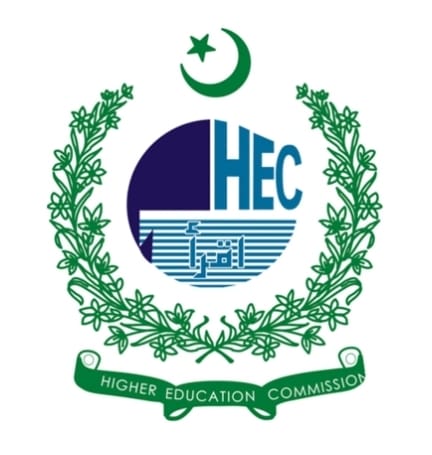About
Editor-In-Chief: Professor Dr. Iftikhar Gandapur
ISSN (Online): 2959-2259
ISSN (Print): 2959-2240
Publication Frequency: Bi-annual
Review Type: Double Blind peer Review
Category (Y):
Abbreviated Key Title: H. Sci. J
Parallel Title: HSJ
Area of Publication: Health, Medical, and Behavioural Sciences




